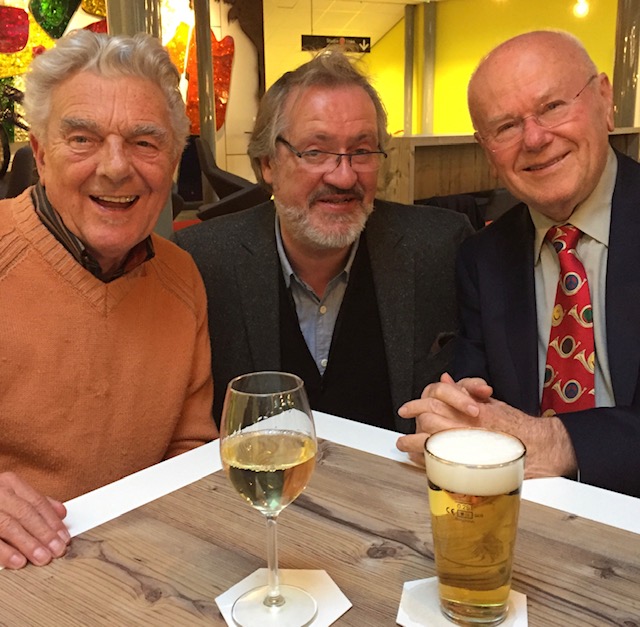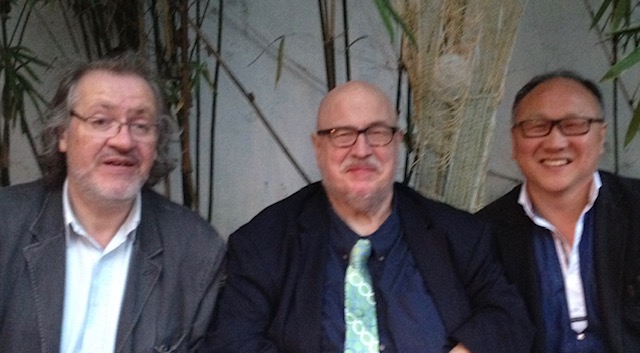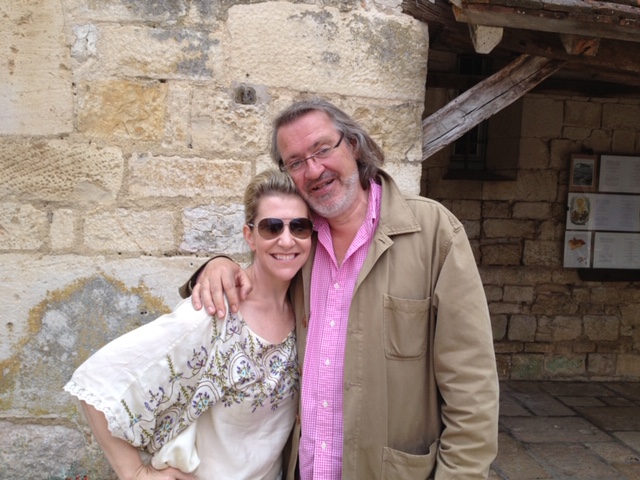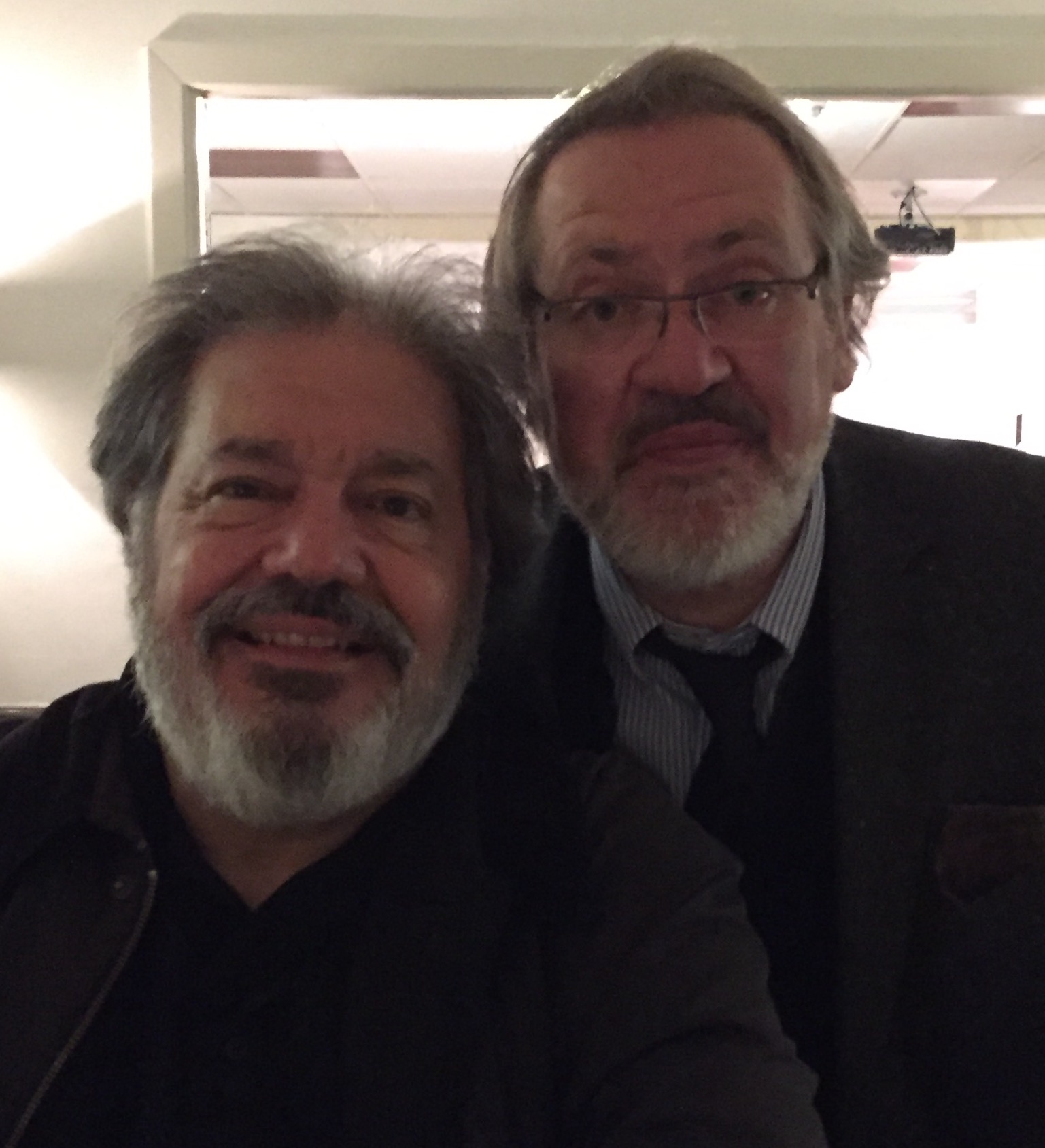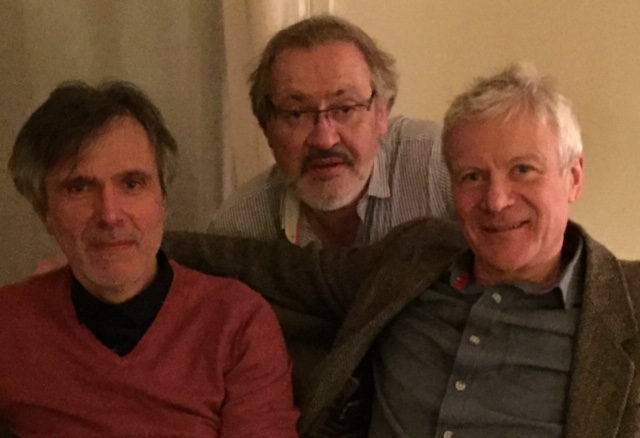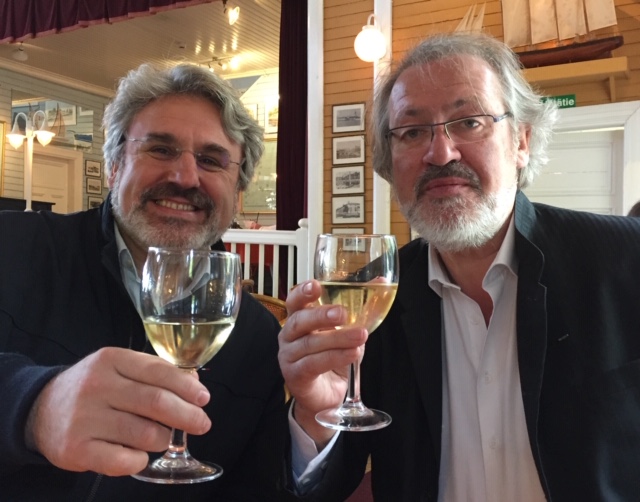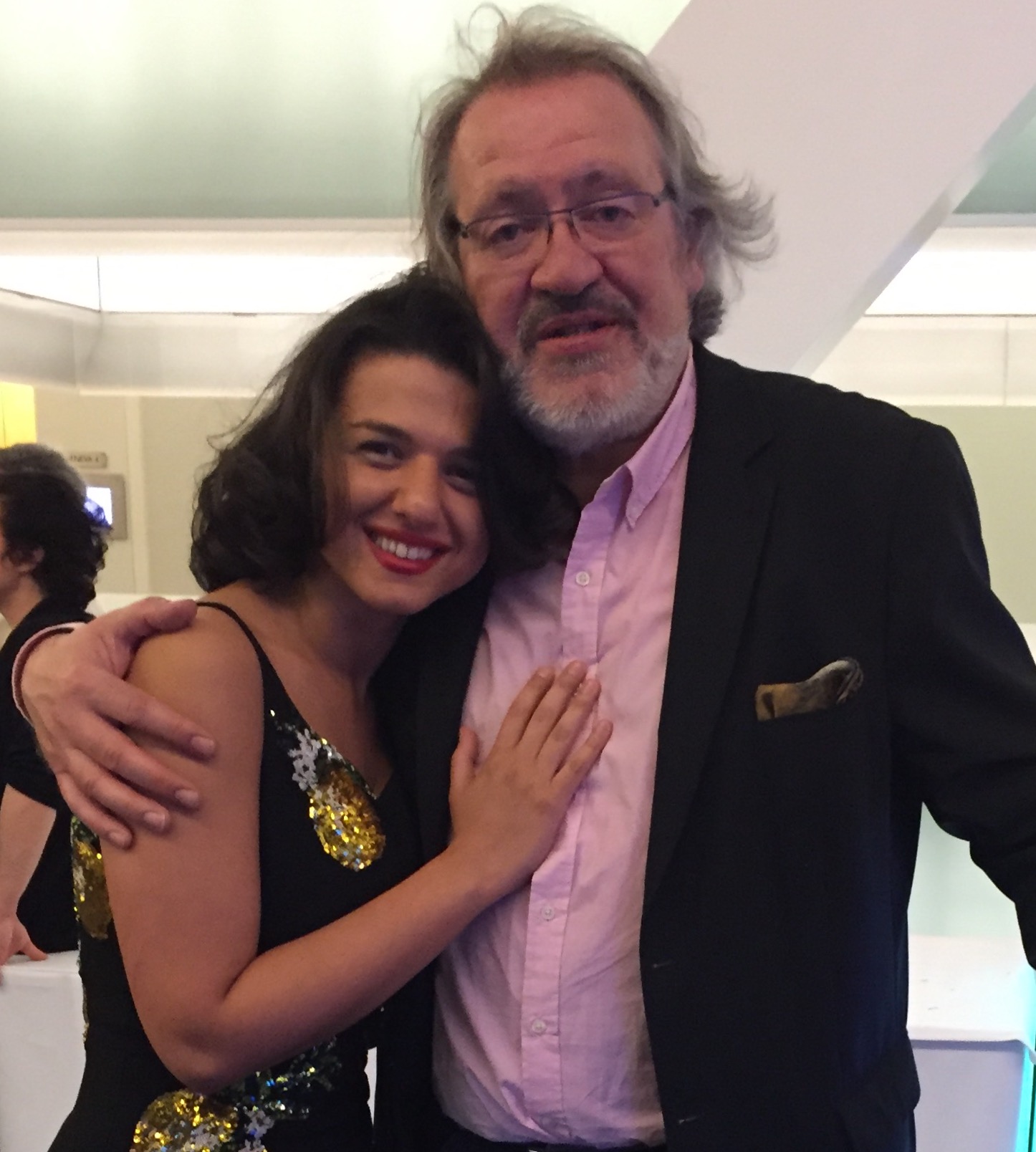ANDRÉ CAZALET
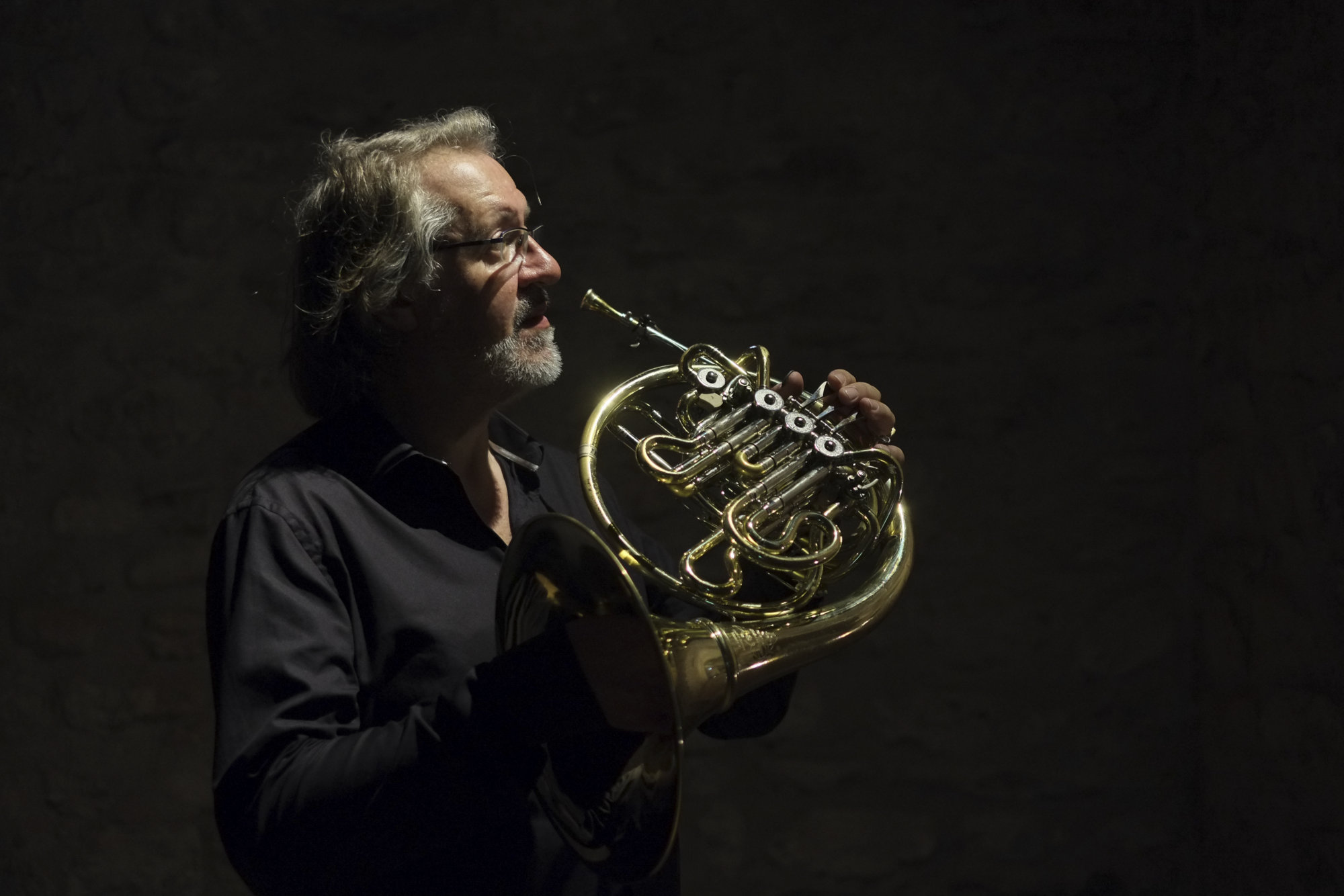
ANDRÉ CAZALET
Photo Hugues Argence
🇫🇷
🇬🇧
Qu’est-ce qui vous a conduit vers la musique classique et en particulier fait choisir le Cor ?
What led you to classical music and in particular to choose the horn ?
My Father was an amateur percussionist and loved symphonic music, he listened to it every Saturday morning and of course, if only to take advantage of his presence, I took part in his musical sessions. He wanted me to play an instrument from the age of 4 or 5, he taught me to recognize the various sounds. I loved the sonority of the horn and had the ambition to play it "when older". From then on, I started studying piano at my neighbour’s house, a quite old music teacher. At that time, studying a brass instrument was not considered before the age of 10. In October 1964, I joined the class of Marc Dijoux who had just been appointed in my city of Pau. A very great chance for me, I was the first beginner student of this young teacher, holder of two 1° Prizes from the Conservatoire de Paris, which in this small town was unhoped.
During my studies, I have heard that you were not necessarily the most gifty of your generation, you even claimed it during lessons. I dare say so because you have clearly twisted the neck of this rumor ! Tell us the recipes that have allowed you to progress to the point of achieving the career we know.
Those who pass as the most talented are those who enter the Conservatoire Supérieur at the age of 15 or 16, which was not my case.
Afterwards, we can see that often the "champions" in the Junior category do not become so in Senior... So I traced the path that was mine at my speed, that is to say quickly but late !
I knew you, you were not 30 years old, but already a great work force, resolutely determined (not to say "obstinate") to reach the highest level. When showing an example, you would do it again and again, to achieve your ideal. Two of your teachers, Marc Dijoux and Georges Barboteu seemed erudite, but also charming, posed, even nonchalant. In view of the stainless personality you have forged, a link of the chain is missing. Where does this special energy come from, which has never dried up ?
I received a complete education from Marc Dijoux, Jacki Magnardi (from Paris Opera, student of Edmond Leloir in Monaco during the war) and Georges Barboteu. I tried to do what seemed to me to be the synthesis of my 3 Masters. Then at the time, my culture of listening many recordings, directed me towards very specific choices.
Your first position was in the Ensemble Intercontemporain led by Pierre Boulez, a group that has the singularity of being supported by the IRCAM, which welcomes composers from all over the world. What have you gained from these instrumental experiences and the challenges that musical creations sometimes pose ?
I remained only one year member of the Ensemble InterContemporain, chosen by Daniel Barenboim to succeed Georges Barboteu as Cor Solo of the Orchestre de Paris in September 1979. This year with Pierre boulez was mainly devoted to 20th century classics (Berg, Schoenberg, Stravinski, Varèse …). I had since 1977 started a collaboration with "spectral" composers (Levinas, Grisey, Murail...) within the Ensemble l'Itinéraire, a very formative activity in terms of understanding both classical and contemporary music, I had the same experience with Iannis Xenakis later. Michael Levinas and I have also enjoyed a very enriching and formative relationship for a long time.
You enter quite young at the Orchestre de Paris, as principal, sharing the position with Myron Bloom. His lost not long ago has allowed us to see the admiration and notoriety that he always shows. How did you experience this collaboration at the beginning, given its stature and precedence in the position ?
I spent the last 5 years of Mike Bloom with the Orchestre de Paris. Based on mutual respect, our relationships were excellent (we were often partners in chamber music before joining the orchestra). To this day, I remain very admiring of this artist of very conceptual temperament about his art, an uncompromising being able to transcend amazingly the text. He’s always one of my models.
Let us speak "brands". Why did you left your beloved Paxman triple horn in nickel silver, which was for many years your sound signature ?
I left Paxman because of the horn case…. my horn did not have a detachable flare, which was already starting to cause many problems during flights; I really liked the horn case of Bruno Schneider (Marcus Bonna did not yet have the notoriety of today...!); Bruno persuaded me that the horn which housed in the case should also deserve my interest... under his influence I started to play an Engelbert Schmid horn!! Since about 20 years I am playing a Hans Hoyer model C1.
Without wanting to offend anyone in the French regions, I tell you that some were surprised by your extra teaching jobs in the "pôles supérieurs", in parallel with your position at the Paris Conservatory. Like a Zinédine Zidane who would play in the French team and in the Honour Division.
Good question, if I may say. Since I became a professional musician (1974), I have always observed my elders in the hope of imitating their success and avoiding their failures; the future will tell us whether I was a relevant observer or not. My friends and colleagues Philippe Muller (cello) in New York, Gérard Poulet (violin) in Tokyo, to name a few, continue their educational activity after leaving the Conservatoire de Paris, struck by the age limit authorized by the institution. I find in them a freshness and a certain youth that I associate with the assiduous attendance of the new generations. Preferring a French option, motivated by their example and not being the master of clock as you know, I therefore joined the pôle supérieur of Aix en Provence when the position was opened; so it’s been 3 years and a first promotion of 2 horn players graduated last June, with as a result, a student received at the CNSMDP in Master in my class and needless to say that I never sit in the jury of recruitment auditions, the second, intended for teaching, follows the necessary higher education. To conclude, I see nothing in this exercise as a downgrading to the second division, but an adaptation to the new learning structures offered to the new generation by the institutions.
35 years of teaching at the Conservatoire Supérieur, one of the longest career of horn teacher, and numerous awards. Do you regret the emulation that existed when we got a first or second prize ? What impacts LMD had on students and their future careers? (Master Doctorate Degree)
The establishment of the European LMD, did not change in any way the will of the students to succeed their recitals of 3° or 5° year and the obtaining of a mention very well remains, from what I see, each year a goal and a pride.
Is it important for every professional horn player to play in orchestra, but also to teach, as well as doing chamber music and solo concerts, or as this culinary metaphor: do we eat only what we love ?
Indeed, the «profession» of musician is plural. It is necessary if possible, although the society likes to confine you to a single role, to diversify the activities, each enriching the other.
You would have been born on November 15 in 2000, and speaking of career, what would you do fundamentally different today?
Another good question… If I were 20 years old, I would look to the Orchestre de Paris, I would see that André Cazalet will retired soon and I would prepare to succeed him…
Do you feel more satisfaction from having personally learned all these years while teaching, or from having tried to give to each of your disciples the keys enabling them to emancipate ?
I enriched myself during all these years from others and tried to enrich them in turn. As I said earlier, from the Elders I learned what I thought should be done or not done. I hope that my former students will follow this path, know how to separate the good wheat from the chaff, and that tolerance will punctuate their journey, like the one of Master Barboteu.
How do you imagine changing the instrumental evolution over the next 50 years, would it be guaranteeing more security on the instrument ?
I think that this eternal problem of security, so tipical to our society today, will have a notorious influence on the progress in the instrument building. I deplore that some of the most played makers propose instruments that sometimes deserved to go straight to the garbage! I think that a work of refinement on the cylindrical part of the horn is still to be realized, but this is another story, being only player and not designer.
Coda: Is it more important to have many amateurs practicing the horn on the planet, or trying to train some few extraordinary ones who can make us dream ?
It is true that with COVID19, many people are wondering about the future, the need, the opportunities… I remain convinced that the one for whom living for music, from music and to whom music is indispensable, will continue his priesthood; I can only encourage this practice for amateurs and future amateurs.
As for the essential, it remains in the free will of each one to choose his own path….
André Cazalet, OCTOBER 2020
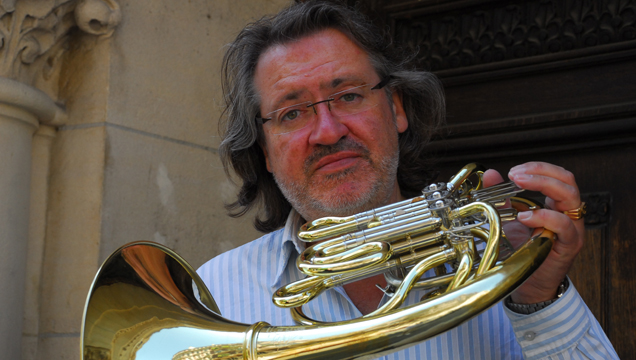
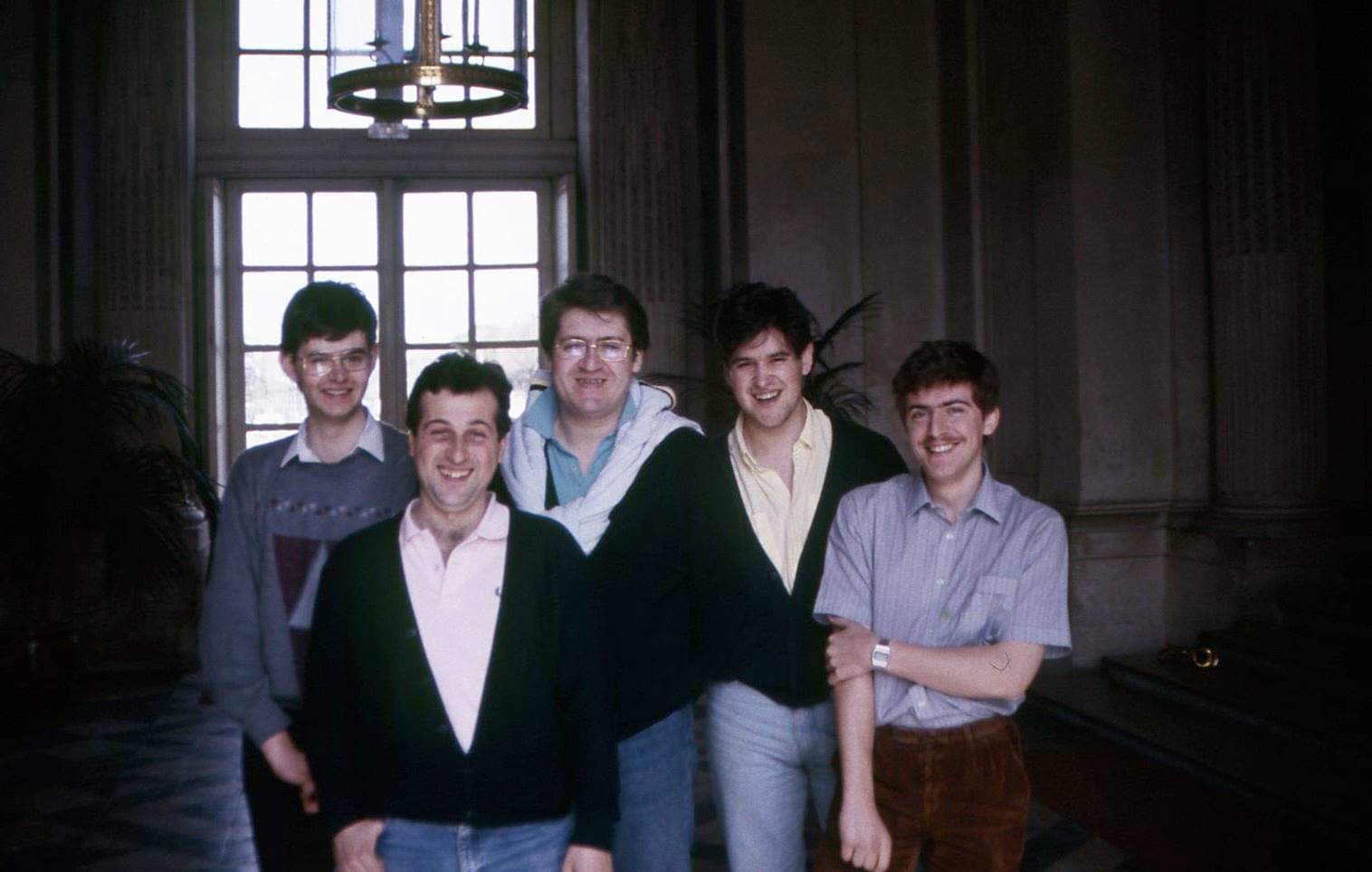 Pierre Delcourt Bernard Doriac Bernard Schirrer Pascal Scheuir
Pierre Delcourt Bernard Doriac Bernard Schirrer Pascal Scheuir 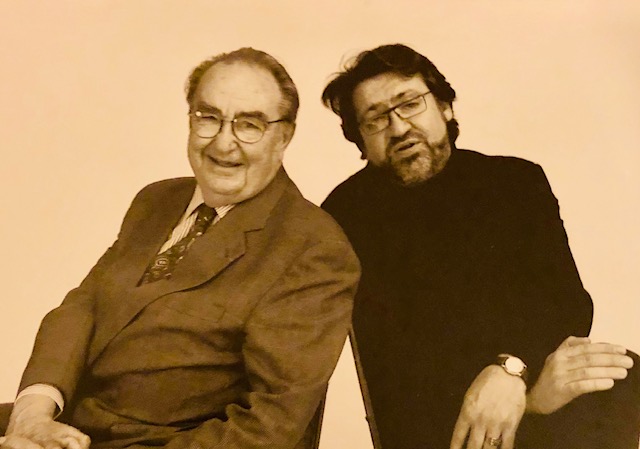
Geroges Barboteu
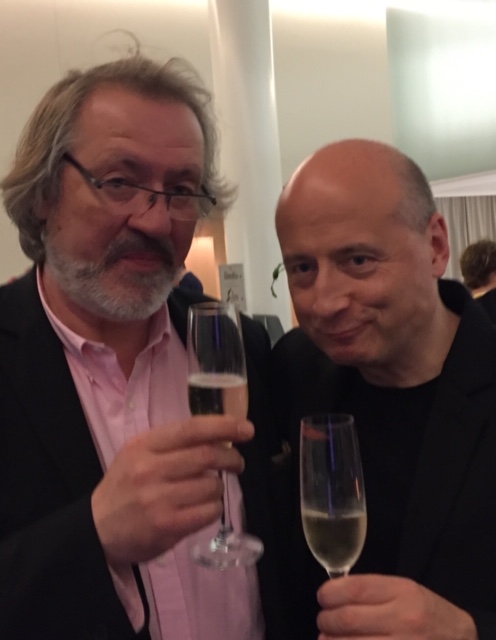 Paavo Jarvi
Paavo Jarvi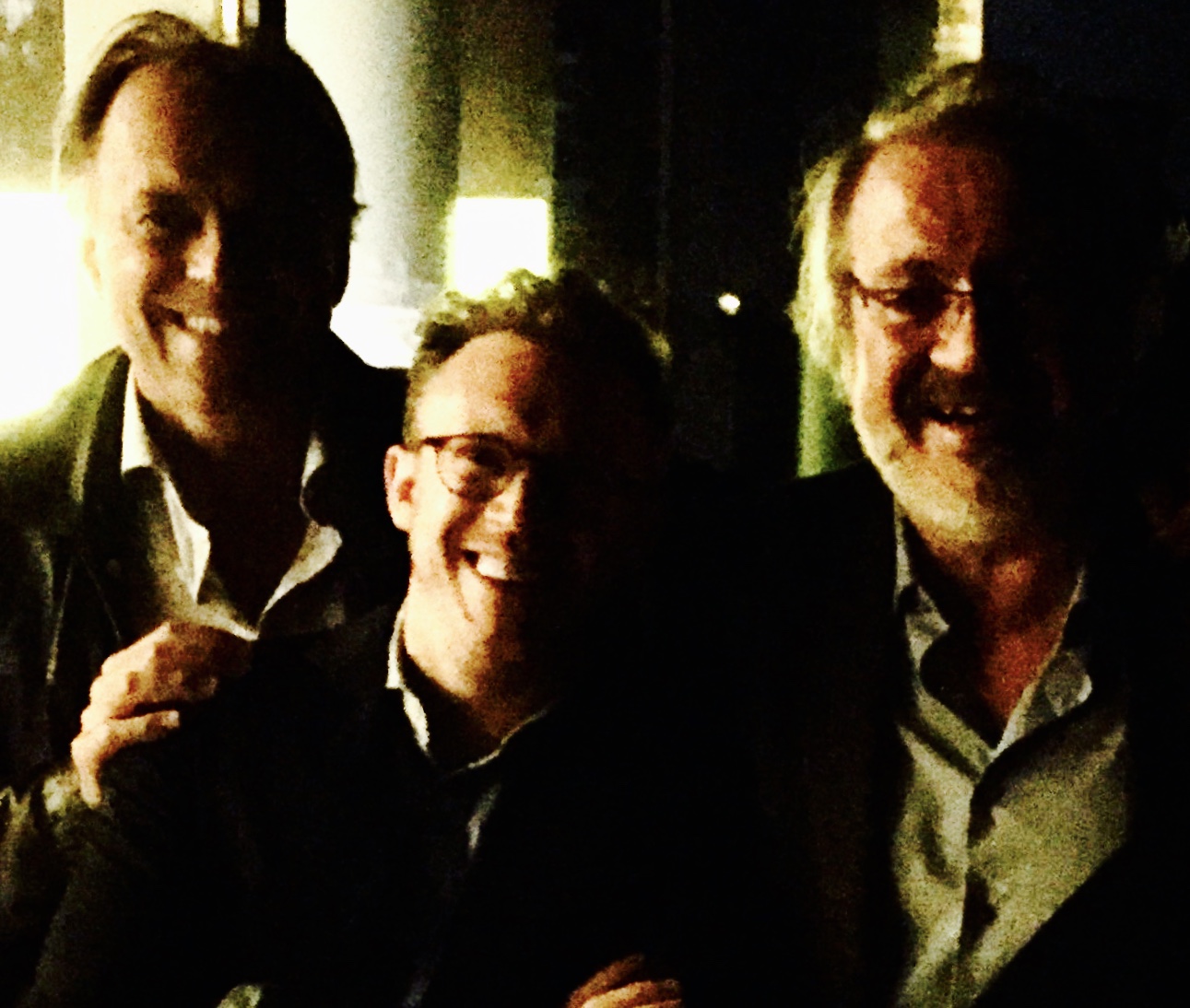 Thomas Hengelbrock Daniel Harding
Thomas Hengelbrock Daniel Harding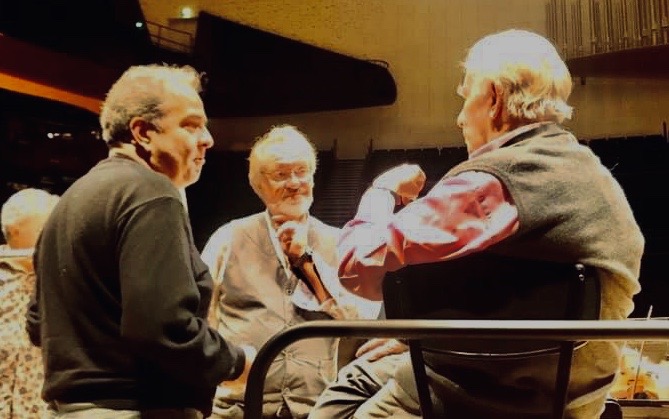 Philippe Aïche Christoph von Dohnányi
Philippe Aïche Christoph von Dohnányi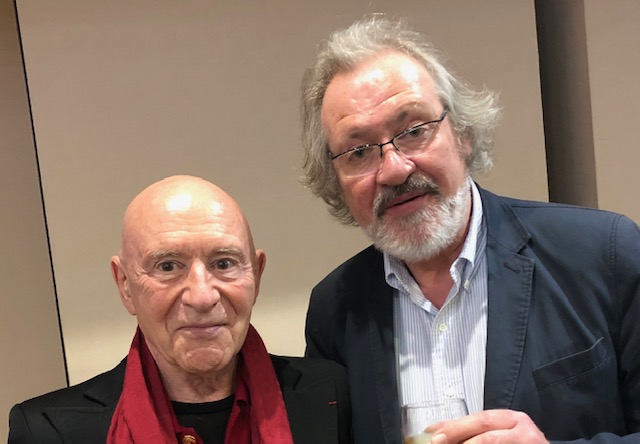 Christoph Eschenbach
Christoph Eschenbach
Hermann Baumann Günter Högner
Philip Myers Zhengqi Xiaowei Wei
Joice DiDonato
Eric Terwilliger
Bertrand Janoutot Franck Lloyd
Radovan Vlatkovic
Katia Buniatishvili
Inscrivez-vous au blog
Soyez prévenu par email des prochaines mises à jour
Rejoignez les 34 autres membres

